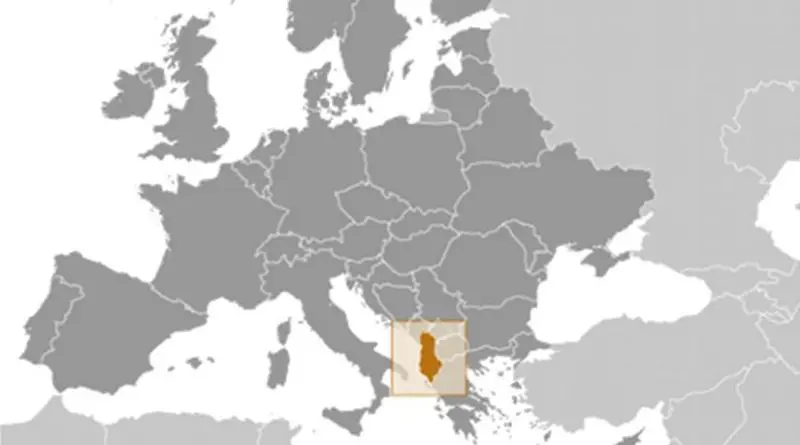Albania Starts To Legalize Unofficial Mosques
By Fatjona Mejdini
The country’s official Islamic Community has welcomed a start to the business of legalizing unofficial mosques – seen as key to the process of bringing them under control.
After 25 years of inertia over unofficial places of worship, the Agency for the Legalisation, Urbanisation and Integration of Informal Areas, ALUIZNI, has started to deliver the first property certificates for mosques that were not legally registered in Albania.
According to the director of ALUIZNI, Artan Lame, by March this year some 957 sites all over the country were awaiting legalisation, most of them mosques.
The process started during July-August of this year, when the first three mosques in Tirana obtained certificates registering them as the property of Albanian Muslim Community, KMSH.
The mosques were built without permission on state land in the 1990s, and did not formally belong to anybody. However, by Albanian law, the KMSH must be the owner of all mosques.
The head of the Islamic community in Tirana, Ylli Gurra, told BIRN on Thursday that KMSH was enthusiastic about the process and was willing to pay the agency the cost of the land for the legalized properties.
“Two of the mosques that were recently legalized are in the rural part of Tirana [Farka] while one is in the central part of the city [Don Bosko street], all very important for Muslim believers in the capital. We support this process and in the Tirana area alone have another 30 mosques requiring immediate legalisation,” he said.
Gurra emphasised that while they are satisfied about the government agency will’s to legalise the mosques, they want the process to go faster in order to tackle the problems that mosques with unsettled property issues bring.
“We mustn’t let the inertia continue any longer. If all mosques are the property of the Muslim community, the KMSH will have full responsibility for what goes on in these sites.
“We know that in the past some mosques a few kilometres from the centre of Tirana had radicalism problems – also because of the property issues about who controls them,” Gurra stated.
In March 2014, seven people, including two imams of mosques on the Tirana outskirts were arrested and have since been charged with terrorism for recruiting fighters for Islamic State in Syria and Iraq, ISIL.
Up to now, these two unlegalised mosques have still not been registered as KMSH property.
“Handling the properties issues of the Muslim community in Albania should be an absolute priority for the state agencies,” Gurra advised.

